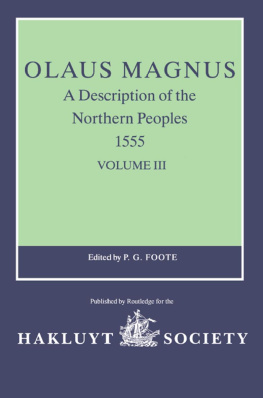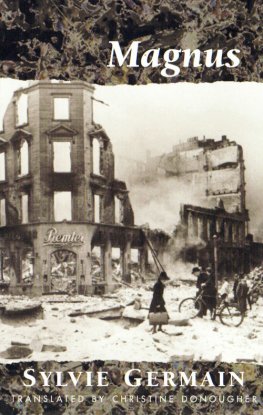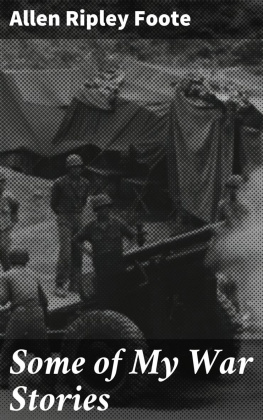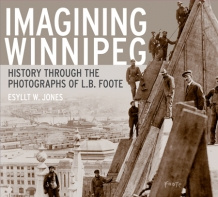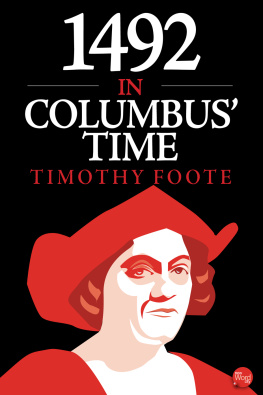WORKS ISSUED BY THE HAKLUYT SOCIETY
OLAUS MAGNUS
DESCRIPTION OF THE NORTHERN PEOPLES
VOLUME III
SECOND SERIES
NO. 188
HAKLUYT SOCIETY
Council and Officers 1997-1998
PRESIDENT
Mrs Sarah Tyacke CB
VICE PRESIDENTS
Professor C. F. Beckingham FBA
Lt CdrA. C.F.David
Professor P. E. H. Hair
Professor John B. Hattendorf
Professor D. B. Quinn HON. FBA
Sir Harold Smedley KCMG MBE
M. F. Strachan CBE FRSE
Professor Glyndwr Williams
COUNCIL (with date of election)
Dr John Appleby (1995)
Peter Barber (1995)
Dr Andrew Cook (1997)
Dr Dmaso de Lario (Co-opted)
Stephen Easton (Co-opted)
Francis C. Herbert (1996)
Bruce Hunter (1997)
Professor Wendy James (1995)
Professor Robin Law (1993)
James McDermott (1996)
Rear Admiral R. O. Morris CB(1996)
Royal Geographical Society (Dr J. H. Hemming CMG)
Mrs Ann Shirley (1994)
Dr John Smedley (1996)
TRUSTEES
Sir Geoffrey Ellerton CMG MBE
H. H. L. Smith
G. H. Webb CMG OBE
Professor Glyndwr Williams
HONORARY TREASURER
David Darbyshire FCA
HONORARY SECRETARY
Anthony Payne
c/o Bernard Quaritch Ltd, 5-8 Lower John Street, Golden Square, London WIR 4AU
HONORARY SERIES EDITOR
Dr W.F.Ryan
Warburg Institute, University of London, Woburn Square, London WC1H OAB
INTERNATIONAL REPRESENTATIVES
Australia: | Ms Maura OConnor, Curator of Maps, National Library of Australia, Canberra, ACT 2601 |
Canada: | Dr Joyce Lorimer, Department of History, Wilfred Laurier University, Waterloo, Ontario, N2L3C5 |
New Zealand: | J. E. Traue, Department of Librarianship, Victoria University of Wellington, PO Box 600, Wellington |
Russia: | Professor Alexei V. Postnikov, Institute of the History of Science and Technology, Russian Academy of Sciences, 1/5 Staropanskii per., Moscow 103012 |
South Africa: | Dr F. R. Bradlow, 28/29 Porter House, Belmont Road, Rondebosch, Cape 7700 |
USA: | Dr Norman Fiering, The John Carter Brown Library, Box 1894, Providence, Rhode Island 02912 and Professor Norman Thrower, Department of Geography, UCLA, 405 Hilgard Avenue, Los Angeles, California 90024-1698 |
Western Europe: | Paul Putz, 54 rue Albert 1,1117 Luxembourg, Luxembourg |
ADMINISTRATIVE ASSISTANT
Mrs Fiona Easton
(to whom queries and application for membership may be made)
Telephone: 01986 788359
Fax: 01986 788181
E-mail: haksoc@Paston.co.uk
POSTAL ADDRESS ONLY
Hakluyt Society, c/o The Map Library, The British Library, 96 Euston Road, London NW1 2BD
Website: http://www.sas.ac.uk/warburg/hakluyt.htm
Registered Charity Number 313168
VAT No GB 233 4481 77
OLAUS MAGNUS
Historia de Gentibus Septentrionalibus
Rom 1555
Description of the Northern Peoples
Rome 1555
VOLUME III
Translated by
PETER FISHER and HUMPHREY HIGGENS
Edited by
PETER FOOTE
with Annotation derived from the Commentary by
JOHN GRANLUND
abridged and augmented
PUBLISHED BY ROUTLEDGE FOR
THE HAKLUYT SOCIETY
LONDON
1998
First published 1998 by Hakluyt Society
Published 2017 by Routledge
2 Park Square, Milton Park, Abingdon, Oxon OX14 4RN
711 Third Avenue, New York, NY 10017, USA
Routledge is an imprint of the Taylor & Francis Group, an informa business
Copyright 1998 by Taylor & Francis.
SERIES EDITOR
W. F. RYAN
All rights reserved. No part of this book may be reprinted or reproduced or utilised in any form or by any electronic, mechanical, or other means, now known or hereafter invented, including photocopying and recording, or in any information storage or retrieval system, without permission in writing from the publishers.
Notice:
Product or corporate names may be trademarks or registered trademarks, and are used only for identification and explanation without intent to infringe.
ISBN 13: 978-0-904180-59-6 (hbk)
ISSN 0072 9396
British Library Cataloguing-in-Publication Data
A catalogue record for this book is available from the British Library
Typeset by Waveney Typesetters, Wymondham, Norfolk
CONTENTS
PREFACE
I have written above about the various activities of the northern peoples, looking at their violent struggles in war, their buildings, their social intercourse, and also the cheerful processions that entertain this race, who live under the influence of the harsher planets,1 and how they celebrate their feast days in the regular yearly course, as other nations do. Now I shall have to add something more remarkable, on the way the Church conducts itself and how those Northerners, when they accepted baptism six hundred years ago,2 were from their childhood most carefully instructed in an excellent mode of living and in good reading and writing. In accordance with these precepts they lived commendably from tender youth until the last stage of their lives when, leaving behind them the renown of a virtuous name and holy works, they were entombed with a Catholic burial.3 The learned teachers, sent from heaven to aid that uncultivated generation, strove to remove the superstitious errors of the pagans, plant little by little the seeds of the virtues, and convert severity into gentleness in order to combat all their vicious passions, or at least moderate them in their evil ways. Through their zeal these men were observed to have made such great progress that those people of the North, preserving the unity of the Church and their obedience to it, did nothing by land or sea, nor transacted any business, without the blessing of their priests, as I shall also describe below in discussing the undying glory of good princes and the everlasting ignominy and disgrace of the sacrilegious, who, unless they were cleansed by penitence, made themselves and their heirs obnoxious and contemptible to God and man through their cruelty.4
Northerners baptized
Catholic burial Teachers sent from heaven
Unity and obedience welcome Blessing was cherished by all
Sacrilegious were infamous
CHAPTER ONE
On schools and the education of the young
T HE great concern of ancient teachers, especially Plato, for the careful and reliable education of children and young people is proved with very clear evidence in many books of their laws. Whoever perused these, or heard them read, would not be able to admire them sufficiently, and certainly could not imitate them. Plato himself, a man endued with such eminent wisdom, is anxious to guide young folk of that age, whose propensities, as the wise Solomon confirms, are very difficult to fathom. He maintains also that such people as have been educated in good morals in their youth are given office in the state.1

